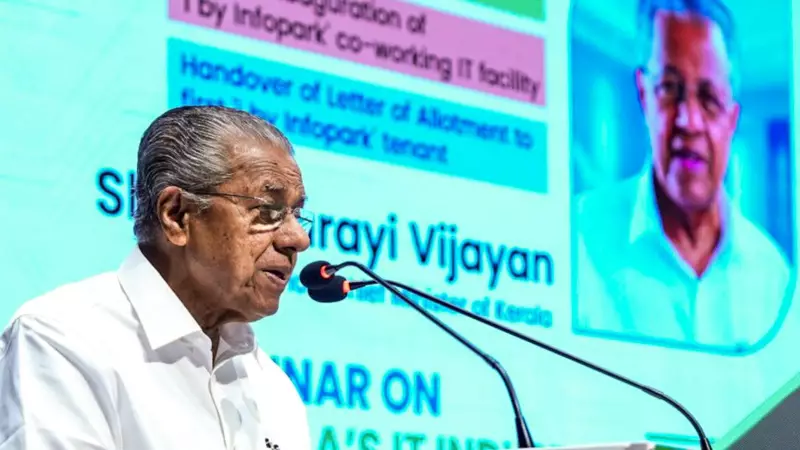
In a landmark achievement that has captured national attention, Kerala has officially become India's first state to successfully eradicate extreme poverty. This groundbreaking accomplishment marks a significant milestone in the state's developmental journey and sets a powerful precedent for other Indian states to follow.
The Data-Driven Approach Behind Kerala's Success
The Kerala government's strategy was built on a comprehensive survey conducted between 2015 and 2016, which identified 64,006 households living in extreme poverty. Rather than relying on conventional methods, the state implemented a meticulous, data-driven approach that ensured no one was left behind.
Key components of this revolutionary model included:
- Detailed household-level data collection and analysis
- Customized intervention plans for each identified family
- Multi-dimensional support addressing various aspects of poverty
- Continuous monitoring and evaluation systems
Beyond Financial Support: A Holistic Strategy
Kerala's approach went far beyond mere financial assistance. The state recognized that poverty eradication requires addressing multiple dimensions of deprivation simultaneously. The comprehensive strategy encompassed:
- Housing Security: Ensuring safe and adequate shelter for all families
- Healthcare Access: Providing comprehensive medical coverage and services
- Educational Opportunities: Ensuring children's continued education and skill development
- Employment Generation: Creating sustainable livelihood opportunities
- Social Security: Implementing robust pension and welfare schemes
The Kerala Model: A Blueprint for Other States
What makes Kerala's achievement particularly remarkable is the systematic and scientific methodology employed. The state's Local Self-Government institutions played a crucial role in implementing targeted interventions at the grassroots level. This decentralized approach ensured that solutions were tailored to local needs and circumstances.
The success of this initiative demonstrates that with proper planning, execution, and political will, even the most challenging social problems can be effectively addressed.
Impact and Future Implications
The eradication of extreme poverty in Kerala has far-reaching implications for the entire nation. It proves that:
- Systematic data collection and analysis can drive effective policy-making
- Local governance structures can be powerful instruments of social change
- Multi-dimensional approaches yield better and more sustainable results
- Political commitment combined with administrative efficiency can achieve remarkable outcomes
As other Indian states look to replicate this success, Kerala's model provides a valuable blueprint for poverty eradication that combines technological innovation with human-centric development approaches.






